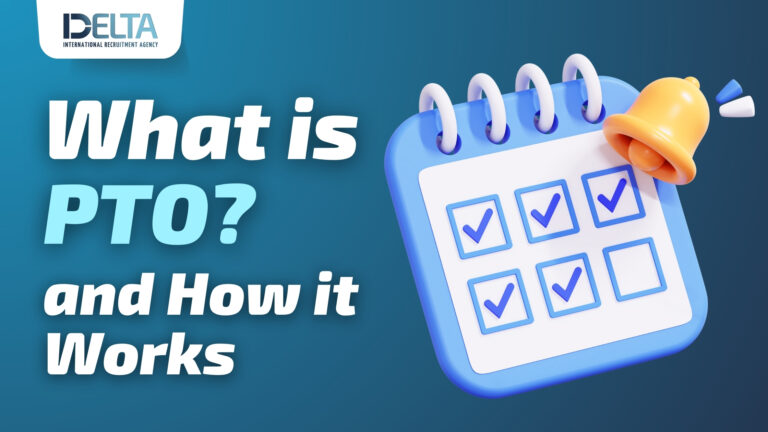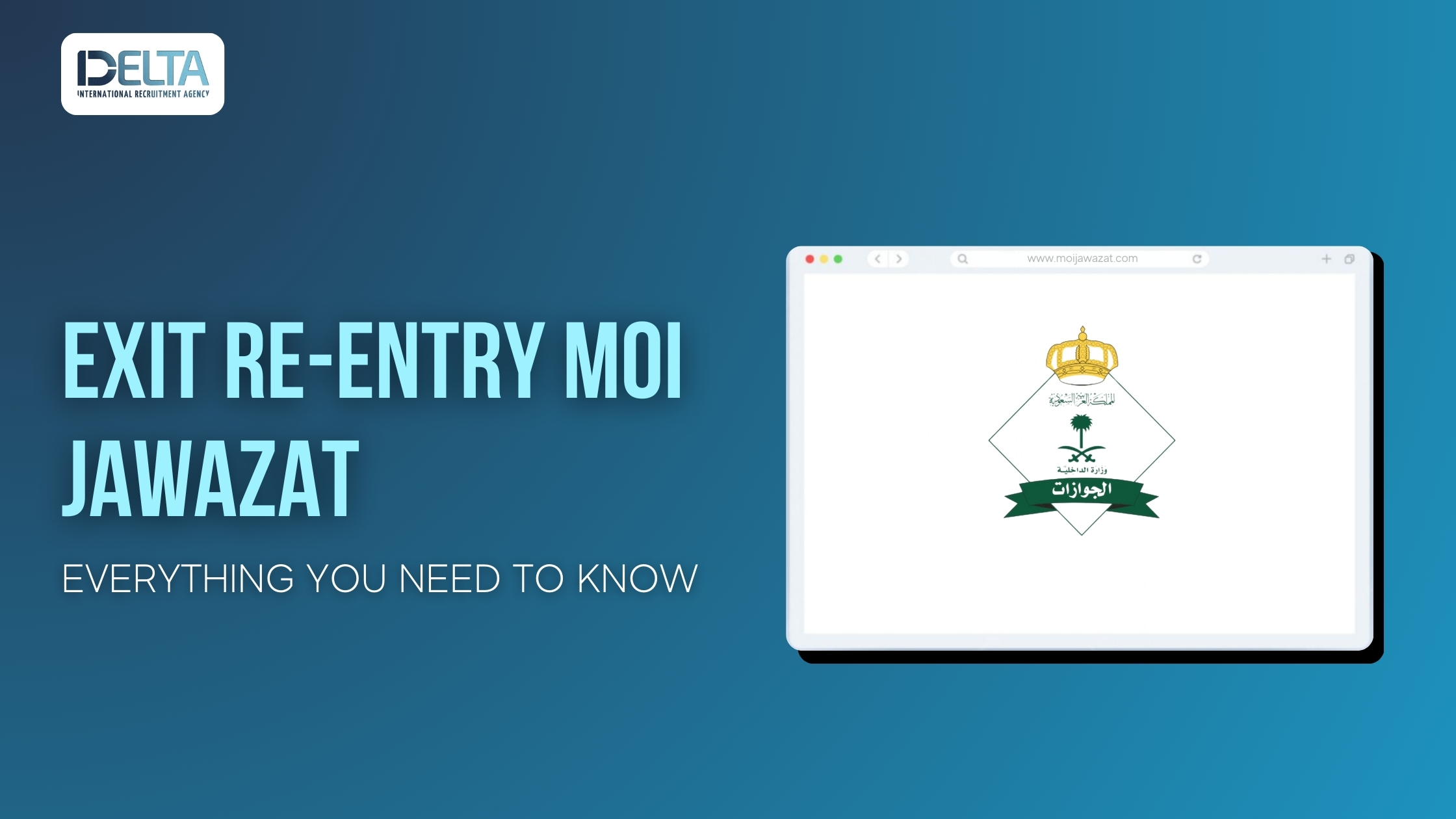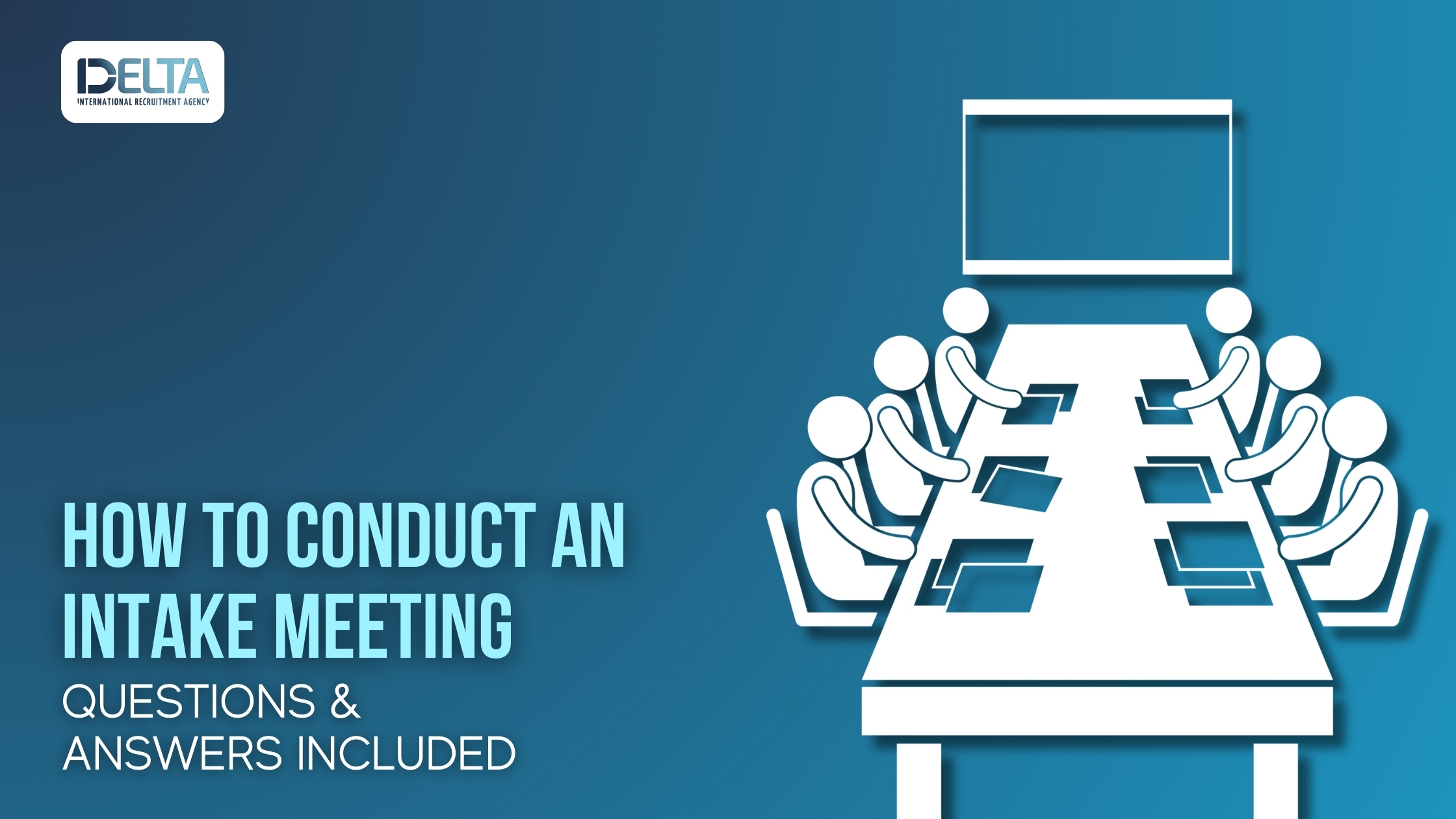Remember, Paid Time Off is meant to be a benefit for employees, so take advantage of it!
Managing PTO
Tracking PTO balance
When it comes to tracking your PTO balance, there are a few important factors to keep in mind:
- Keep a record of the number of PTO days you have accrued and used.
- Regularly check your PTO balance to ensure you have enough days for upcoming time off.
- Communicate with your manager or HR department if you notice any discrepancies in your PTO balance.
Remember, it’s essential to stay on top of your PTO balance to avoid any surprises when you want to take time off.
PTO carryover
PTO carryover allows employees to carry unused PTO from one year to the next. It gives employees the flexibility to save their time off for future use. Here are some key points to know about PTO carryover:
- Employees may be limited in the amount of PTO they can carry over, so it’s important to check your company’s policy.
- PTO carryover can help employees maintain a healthy work-life balance by allowing them to take longer vacations or time off when needed.
- It’s a good idea to plan ahead and use your carryover PTO strategically to ensure you get the most out of your time off.
Remember, PTO carryover is a valuable benefit that can provide flexibility and support employee well-being.
PTO payout
PTO payout refers to the amount of unused Paid Time Off that an employee receives as a cash payment when they leave a company or at the end of a designated period. Here are some important factors to know about PTO payout:
Paid Time Off benefits
Work-life balance
Maintaining a healthy work-life balance is crucial for overall well-being and happiness. Here are some key factors to consider:
Employee well-being
Employee well-being is a crucial factor in creating a positive work environment. Here are some important factors to consider:
Increased productivity
Increased productivity is one of the key benefits of offering Paid Time Off to employees. When employees take time off and recharge, they come back to work with renewed energy and focus. This leads to higher efficiency and output in their work. By encouraging employees to take regular breaks and time off, employers can create a work environment that values work-life balance and supports employee well-being.
PTO vs Vacation
Differences between PTO and vacation
PTO and vacation time are often used interchangeably, but there are some key differences to keep in mind:
- PTO is a broader term that includes various types of time off, such as vacation, sick leave, and personal days.
- Vacation time specifically refers to time off taken for the purpose of relaxation and leisure.
- PTO is typically accrued over time, while vacation time may be granted upfront or based on years of service.
- PTO can be used for any reason, while vacation time is specifically intended for taking a break from work.
It’s important to understand these distinctions to effectively manage your time off and make the most of your benefits.
When to use PTO vs vacation
When deciding whether to use PTO or vacation days, consider the following factors:
PTO best practices
Planning PTO in advance
When it comes to planning your PTO in advance, there are a few important factors to consider:
Communicating PTO plans
When it comes to communicating PTO plans, it’s important to keep everyone in the loop. Here are some tips to ensure effective communication:
Using PTO strategically
Strategically scheduling your PTO can maximize your time off and give you more extended periods of rest and relaxation. Here are some tips to help you use your PTO strategically:
- Plan your PTO around long weekends to get more time off with just a small cost of PTO.
- Take advantage of holidays and company shutdowns to extend your time off.
- Coordinate with your team to ensure coverage while you’re away.
- Prioritize your PTO based on your personal needs and preferences.
Remember, using your PTO strategically can help you make the most of your time off and maintain a healthy work-life balance.
PTO myths debunked
PTO is only for vacations
PTO, or paid time off, is often associated with taking vacations, but it can be used for much more than that. Here are some important factors to consider:
- Flexibility: PTO can be used for various reasons, such as personal appointments, family events, or mental health days.
- Work-life balance: Taking time off allows employees to recharge and maintain a healthy work-life balance.
- Employee well-being: PTO promotes employee well-being by reducing stress and preventing burnout.
- Increased productivity: Taking regular breaks through PTO can actually increase productivity when employees return refreshed and energized.
Remember, PTO is a valuable benefit that can be used for different purposes, not just vacations. So make sure to take advantage of it!
Unused PTO is lost
One important factor to consider is that unused PTO is often lost at the end of the year. This means that if you don’t use your Paid Time Off , you won’t be able to carry it over to the next year. It’s like leaving money on the table!
To avoid losing your hard-earned time off, make sure to plan your PTO throughout the year. Take breaks and enjoy your time away from work. Remember, Paid Time Off is meant to help you recharge and maintain a healthy work-life balance.
Here are a few tips to make the most of your Paid Time Off:
- Schedule your PTO in advance to ensure you get the time off when you need it.
- Communicate your PTO plans with your team and manager to avoid any conflicts.
- Use your PTO strategically to maximize its benefits.
So don’t let your PTO go to waste. Take advantage of this valuable benefit and make the most of your time off!
PTO is a sign of laziness
Contrary to popular belief, taking time off from work is not a sign of laziness. In fact, it is an essential aspect of maintaining a healthy work-life balance.
Want some recruiter that help you in setting up PTO and recruitment from Pakistan for Romania? Check Delta International Recruitment!
Frequently Asked Questions
What is PTO?
PTO stands for Paid Time Off. It is personal time that employees take off from work while still receiving pay for regular wages.
Why is PTO important?
PTO is important because it allows employees to take time off for personal reasons, such as vacations, family emergencies, or medical appointments, while still getting paid.
What are the different types of PTO?
There are different types of PTO, including vacation days, sick leave, personal days, and bereavement leave. Some companies also offer additional PTO for specific purposes, such as parental leave or volunteer time off.
How does PTO accrue?
PTO accrues based on the company’s policy. It can be accrued on a per-pay-period basis, based on hours worked, or given as a lump sum at the beginning of the year.
How can employees request PTO?
Employees can typically request PTO through their company’s HR or time-off management system. They may need to submit a request in advance and get approval from their supervisor.
What are PTO policies and guidelines?
PTO policies and guidelines outline the rules and regulations regarding the use of PTO. They may include information on how much PTO can be taken at once, blackout periods when PTO cannot be taken, and any restrictions or limitations.
How can employees track their PTO balance?
Employees can track their PTO balance through their company’s HR or time-off management system. They can usually view their remaining PTO balance, as well as any PTO that has been used or requested.
What happens to unused PTO?
The treatment of unused PTO depends on the company’s policy. Some companies allow unused PTO to carry over to the next year, while others may have a use-it-or-lose-it policy where unused PTO is forfeited.




